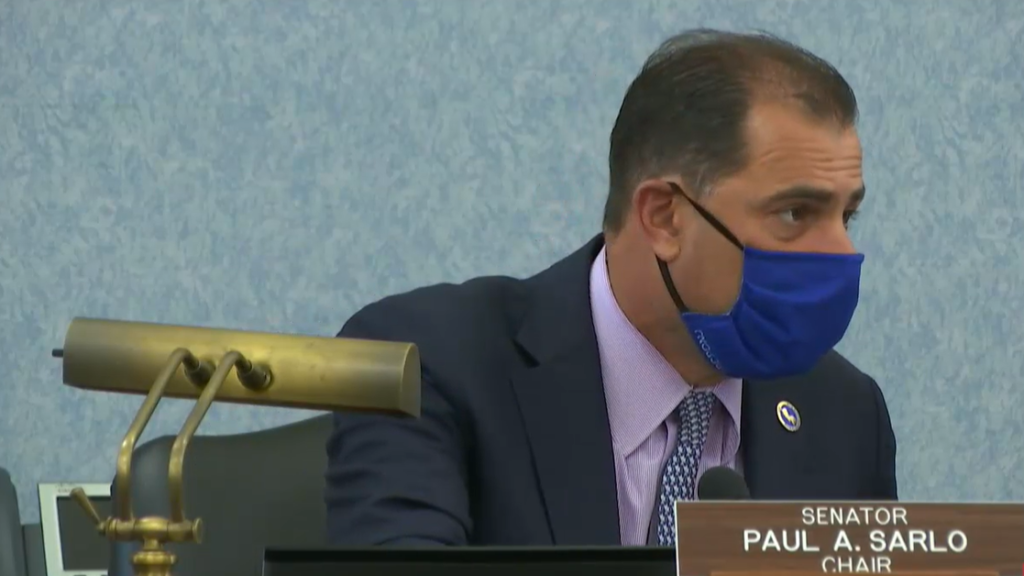Sarlo Wants To Protect Small Businesses from ‘Surprise Tax Bills’ for CARES Act Loans

Sarlo Wants To Protect Small Businesses from ‘Surprise Tax Bills’ for CARES Act Loans
Trenton – With the IRS “playing games” with the tax status of small business loans from the federal Paycheck Protection Program, Senator Paul Sarlo (D-Bergen) wants to ensure that the tax exempt status of the forgiven loans is protected.
Senator Sarlo introduced legislation today to ensure that forgiven PPP loans would not be subject to the state’s income tax and to allow the deduction of expenses paid for by the federal PPP.
“This will help ensure that the receipt and forgiveness of coronavirus assistance through the PPP does not result in surprise tax costs for small businesses that complied with the terms of the loans,” said Senator Sarlo, chairman of the Senate Budget and Appropriations Committee. “The goal of the CARES Act funding was to enable these businesses to survive the economic hardships of the shutdown, and Congress’s intention was to allow the loans to be forgiven with no tax consequences. Many businesses are on the brink of insolvency and these costs could push them over the edge.”
In the CARES Act, Congress clearly intended for recipients of forgiven PPP loans to be able to deduct the expenses. But, the IRS has contradicted congressional intent by issuing “guidance” stating that borrowers who expect their PPP loan to be forgiven cannot deduct those expenses on their federal tax returns. Many loan recipients retained employees on their payrolls, even when there was little to no work to perform, in compliance with the intent of the program to keep people employed and off the unemployment rolls.
Senator Sarlo wants to make sure state tax officials don’t attempt to do the same. He also introduced a Senate resolution declaring opposition to the IRS’s attempt to tax the loans and urging the federal government to back down from its attempt to impose the tax.
Under the federal program, the United States Small Business Administration approved approximately $525 million in loans for small businesses to support payroll expenses and other non-payroll costs, such as mortgage interest and utility costs. To incentivize loan recipients to maintain existing staff, the program allowed loans to be forgiven if the borrower met certain payroll and employment retention criteria.
Contrary to congressional intent, the IRS subsequently issued guidance, IRS Notice 2020-32, that prohibited loan recipients from deducting the expenses.





